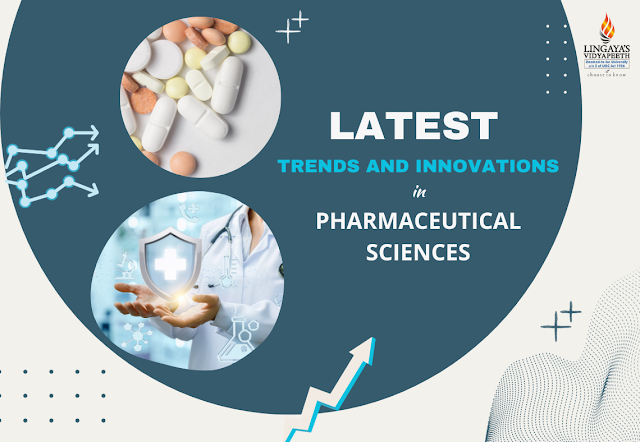English literature is beginning to be impacted by artificial intelligence (AI) in a number of ways. Some writers are delving into AI-related topics, like the nature of consciousness, the effects of technology on society, and the distinctions between humans and machines.
Writers are also using AI tools for other activities, such as coming up with ideas for stories, developing characters, or even helping with the writing process itself. The level of AI's impact on English writing is still changing, though, as writers continue to explore new avenues and technology advances.
Unraveling the Wonders of Artificial Intelligence in the field of English Literature
Tools for generative AI are a great resource for students who want to improve their writing. These tools help to improve the overall quality of essays and papers by providing comments on sentence structure, grammar, and style. Artificial intelligence (AI)-powered grammar and spell checkers are very helpful since they guarantee flawless and error-free writing.
Graduates looking to quickly evaluate and update their documents will find this functionality extremely helpful as it streamlines the process and enhances the final product's professionalism and clarity.
AI tools generate potential study areas that are in line with current trends and field interests, they are essential to the investigation of research. AI saves a ton of time and work during the literature review phase by summarizing and analyzing a large number of scholarly publications and books.
Artificial intelligence (AI) methods are ideal for extracting and organizing relevant information from large amounts of text in research projects that require substantial data processing. This efficacy increases the overall effectiveness of data use while also streamlining the research process.
AI in Education: Transforming the Learning Experience
AI tools have a big impact on topic visualization and creative writing. They help people refine key abilities necessary for personality development. These resources encourage and assist users in expressing their ideas creatively through help for creative writing. Furthermore, AI tools improve comprehension and engagement through topic visualization, leading to a deeper understanding of a variety of subjects. This dual role fosters critical skills development and encourages creative expression, which all contribute to the overall development of an individual's personality.
As a result, AI technologies are beneficial resources that support and improve academic work for pupils. Through their ability to simplify tasks like writing, data analysis, and research, these technologies become invaluable partners in the academic path. Students can complete tasks more quickly and successfully with their help, which will improve the caliber and depth of their work in the end. AI tools are therefore essential in enabling pupils to succeed academically and realize their objectives.
For those aspiring to shape a future in Artificial Intelligence, Lingaya's Vidyapeeth is B.Tech College in Delhi NCR is the ideal choice. Offering B.Tech AIML Courses, it provides the perfect platform to enhance skills and acquire a degree, paving the way for a successful career in the dynamic field of artificial intelligence.

.png)





